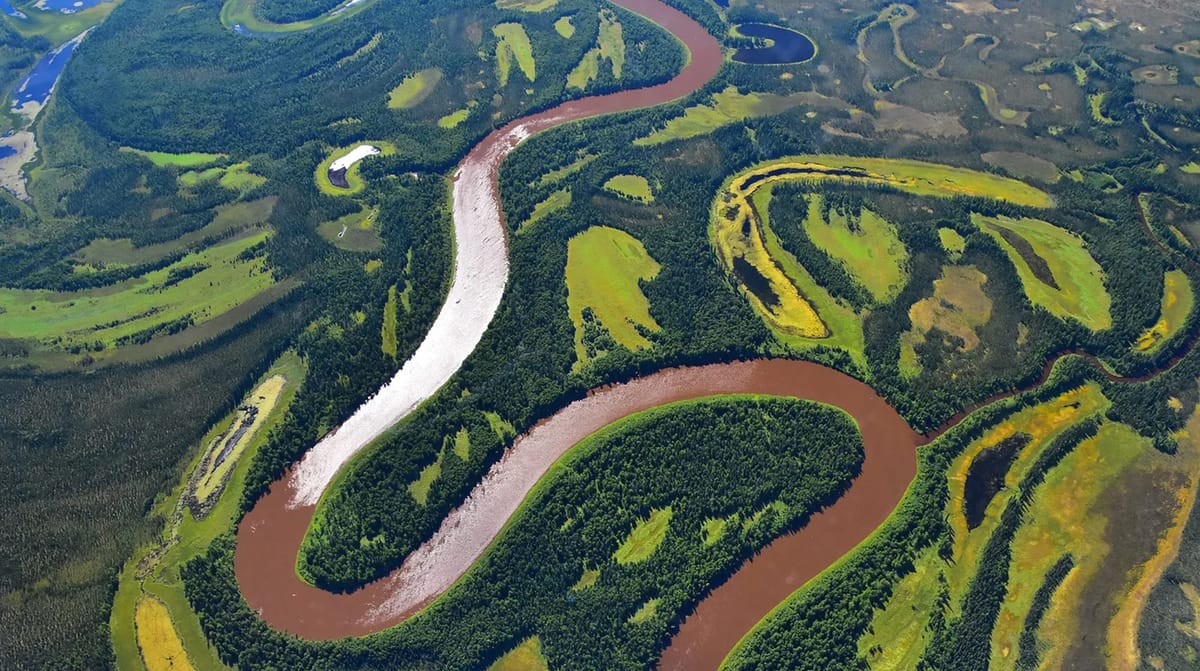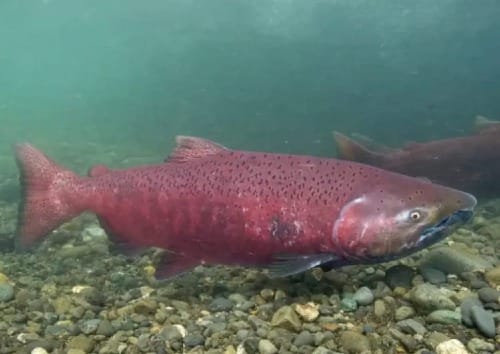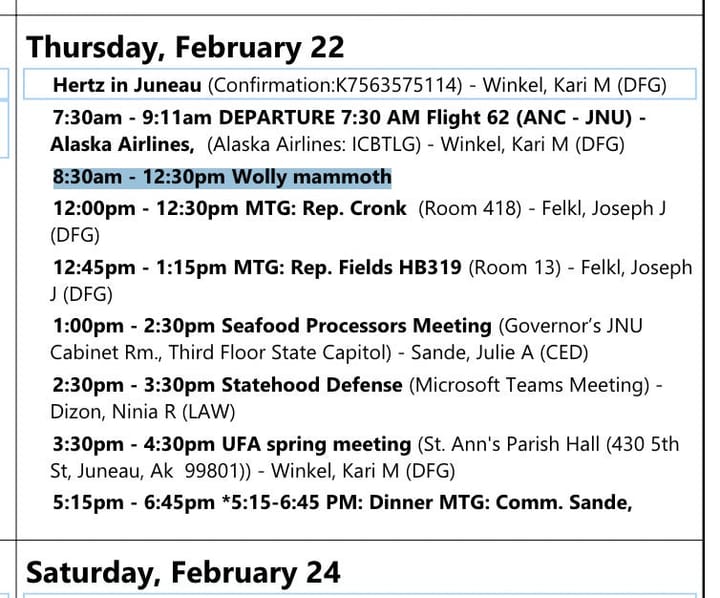Federal judge sides with Biden administration, rejects Alaska bids to expand Kuskokwim River salmon fishing
A federal judge has settled a dispute that began in 2021, when the Dunleavy administration tried to expand salmon fishing opportunities beyond those offered by the federal government.

The Biden administration has won a closely watched lawsuit against the state of Alaska that validates the federal government’s authority to limit fishing for the dwindling populations of salmon on Southwest Alaska’s Kuskokwim River.
In a 29-page decision Friday, U.S. District Court Judge Sharon Gleason settled a three-year dispute that began in 2021, when the Alaska Department of Fish and Game issued orders that periodically opened the Kuskokwim for fishing by all state residents.
Northern Journal is a reader-supported publication. To receive new posts and support my work, consider becoming a free or paid subscriber.
Those orders conflicted with closures imposed by the federal government that had opened fishing only to “federally qualified” subsistence fishermen — those who live in rural Alaska, and not those from urban areas.
The Biden administration, after similar conflicts the following year, then filed its lawsuit in 2022, saying that the Alaska National Interest Lands Conservation Act of 1980 requires rural residents’ harvests of fish and game to be prioritized during times of scarcity.
That priority, as applied to fishing on navigable rivers like the Kuskokwim, was affirmed by a series of landmark court rulings in the 1990s and 2000s, in what are now known as the Katie John cases.
The Dunleavy administration argued that those cases were undercut by another U.S. Supreme Court ruling in 2019 — when the justices sided with John Sturgeon, an Alaska hunter who was operating his hovercraft on a river within a national wildlife preserve, where the National Park Service had banned them.
But Gleason, in her decision Friday, rejected that argument, saying that the court, when it ruled in Sturgeon’s favor, "expressly stated" that it wasn’t disturbing the Katie John precedents.
Alaska Attorney General Treg Taylor said in a statement that the ruling was still under review. But he added that the state was disappointed Gleason “did not recognize the clear conflict between the U.S. Supreme Court decision in the Sturgeon case and the federal actions here.”
“We were always expecting this case to go up to the highest court in order to get a final decision,” Taylor said. “The state plans to appeal.”
Alaska’s fish and game commissioner, Doug Vincent-Lang, added in his own statement that it’s “a sad day for state sovereignty, self-determination, and terms like ‘justice.’”
A spokeswoman for the U.S. Department of the Interior, which initiated the lawsuit, said Friday’s decision speaks for itself.
The case ties in to a decades-long fight between the federal and state governments over the authority to manage subsistence hunting and fishing — an issue that’s recently surfaced again at the Alaska Capitol.
Among the groups intervening in the Biden administration’s lawsuit was the Alaska Federation of Natives, which took the federal government’s side. So did several other tribal groups, including the Association of Village Council Presidents and the Kuskokwim River Inter-Tribal Fish Commission.
This story has been updated to add statements from Alaska’s attorney general and fish and game commissioner.
I make Northern Journal’s stories available, for free, to news outlets — and Alaskans — across the state. I only earn money when readers pay for a voluntary membership. If you find this information useful, please consider joining. If you’ve already signed up, thanks so much for your support.



